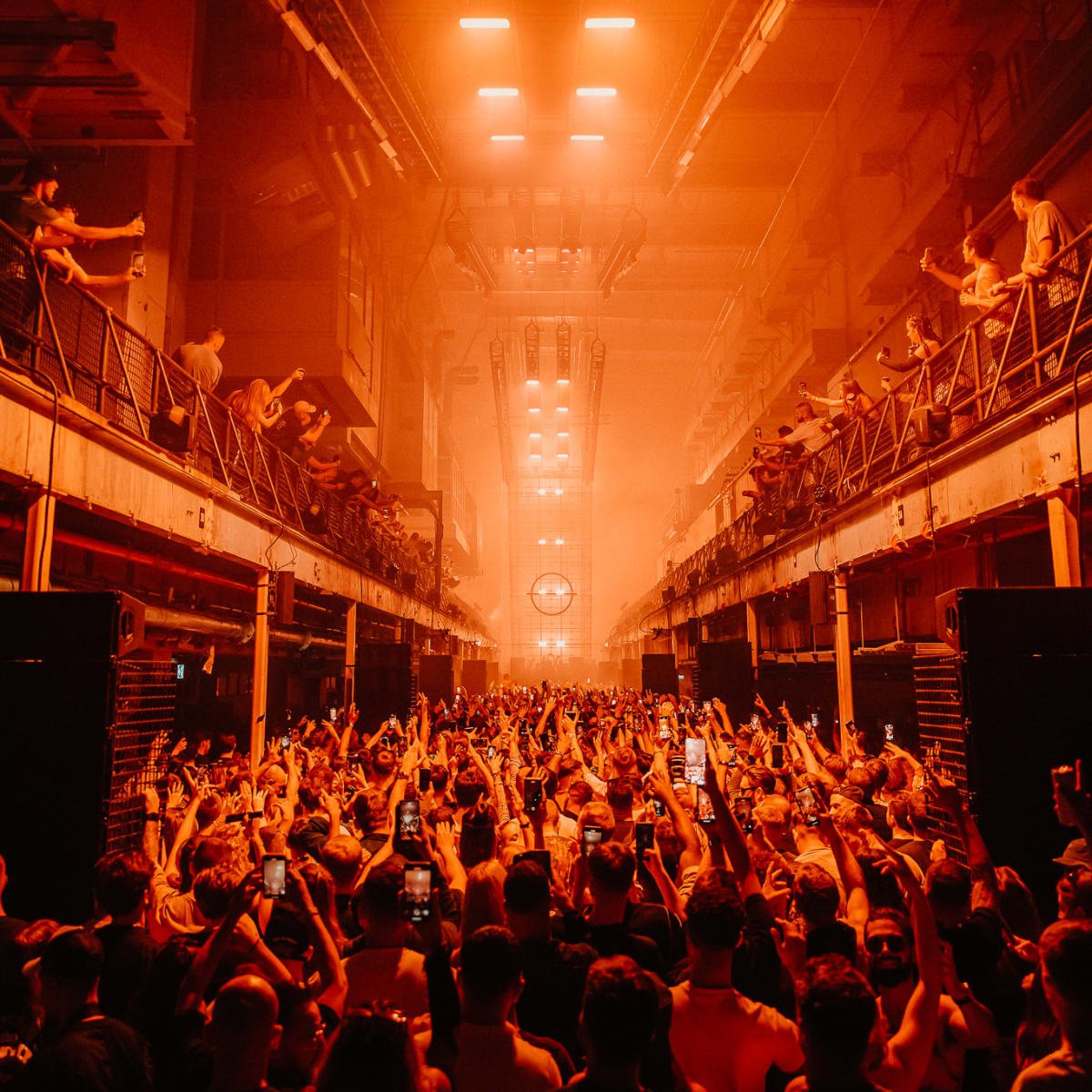
Save Our Scene.
Lack of third spaces? Lack of shared culturre?
It's not an unknown fact that Covid-19 left long-lasting impacts on the music industry. But how much longer can the dance music scene exist under the constant pressures and lack of help from the government?
Electronic music is one of the most popular genres of music in the UK at the moment and many underground DJs have even been breaking out into the mainstream scene. As of current the total measurable economic impact of electronic music in the UK (this includes concerts, festivals and nightclubs) is estimated at £2.63 billion. Not only is this a huge contribution to the UK economy, but music events provide a third space for communities to gather and form, as well as giving platforms to artists.
But these third spaces are under serious threat, 10 years ago Britain had nearly 1700 nightclubs, now barely 700. Since 2020 almost 400 nightclubs have permanently shut their doors, including the world-renowned Printworks in London. This venue was closed to make space for housing developments. Over 23,000 hospitality and nightlife economy businesses have been lost since 2020 in the hospitality industry. The night-time economy business plays such a pivotal role in social interactions and creating cultures. With these spaces being stripped from the dance community at such a fast rate, it begs the question… with such a lack of shared spaces, will this lead to a lack of culture?
The current cost of living crisis is also fueling the decline in nightlife across the country, as energy and living prices continue to soar, people can no longer afford to spend their money on leisure activities such as clubbing. Due to Covid-19 restrictions, the nightclub industry lost £36 billion and 86,000 jobs. This has led to many knock-on effects as the venues that have been able to remain open have had to raise prices, discouraging attendees from attending.
It does lead to the question…why is the government doing nothing to help the industry? ‘The Electronic Beats Economic Treats’ investigated the economic impacts of the electronic music industry and found that electronic music contributed £2.5 billion to the UK’s economic impact in 2023. Which is 6% less than in 2022, their investigation also found that 77% of people said they're having fewer nights out due to the cost of living crisis.
The most recent shock to the dance music community came this week, with the news of the possible closure of Heaven nightclub in London. Undoubtedly one of the most well-known and longest-running LGBTQI+ nightclubs in London may have to shut its doors due to the rent being risen by £80,000 due to the cost of living crisis. Jeremy Joseph, owner of Heaven quotes “Watching how many venues have closed or are struggling because of rent increases. I’m going public with this and letting everyone know what we've been going through.”
The Guardian featured an article titled “In an isolated world, humans need to dance together more than ever - but were running out of places to do it” The article outlined the lack of venues and decline in clubbing quoting “a whole chunk of our shared culture is falling away”. The article highlights the lack of government support towards nightclubs and how the new waves of ‘gentrification’ are negatively impacting the clubbing scene, by taking up precious spaces and forcing these subcultural third spaces out.
But there is hope for the next generation of dancers, the Night Time Industries Association is a community-based platform that aims to raise awareness and understanding of the struggles within the dance music scene at the moment. They want to encourage ‘inclusive and informed’ public discussions regarding the subject of dance music. They have also put together many petitions such as the ‘Save Brixton Academy’ petition which reached over 22,000 signatures. The association has given a pathway to music venues to spread awareness and gain public support and is growing in supporters every single day.